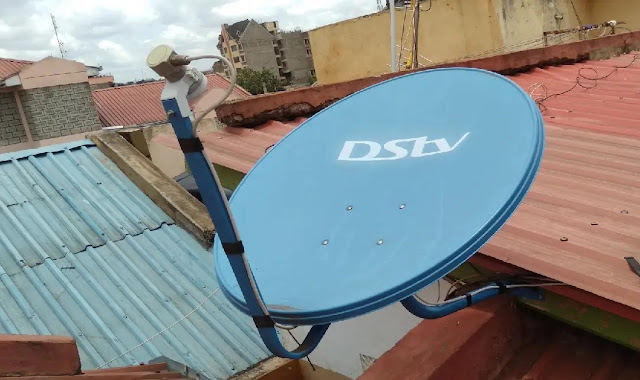by Thinus Ferreira
Julian Chou's Blind Love won the award for Best Feature Film, while Raoul Peck was awarded with Best Documentary for his thought-provoking Ernest Cole: Lost and Found at Saturday night's 7th Joburg Film Festival.
Vusi Africa took home the prize for Best African Feature Film for his documentary Happy: The True Happy Sindane Story produced under his Trial by Media banner.
Film glitterati once again packed the Theatre on the Square in Sandton on Saturday night for this year's film awards ceremony sponsored by MultiChoice, capping a week of screenings, networking and its series of JBX Talks panel discussions that ran concurrently to the festival.
The Best Feature Film award on Saturday night went to Blind Love of Julian Chou - a touching coming-of-age story about a sensitive teenager who uncovers his mother's secret affair with a mysterious woman.
As he grapples with his discovery, he begins to unravel the perfect facade of his seemingly happy family, with the searing film exploring themes of love, deception, and self-discovery.
Ariel Lin and Wu Ke-Xi star in this drama, which premiered in competition at Rotterdam's International Film Festival (IFFR), with Lin also executive producer.
The Best Documentary award went to this year's festival opener, Raoul Peck's searing Ernest Cole: Lost and Found, which had its African premiere at this year's festival.
The moving documentary honours the life and work of Ernest Cole, a renowned South African photographer who captured the harsh realities of Apartheid through his lens, with the feature offering an intimate look at his legacy and the enduring impact of his images.
Accepting his award, Raoul Peck said "We couldn't have a better welcome back to South Africa for Ernest Cole".
Happy: The True Happy Sindane Story from Vusi Africa snagged the Best African Feature Film award, with the film that explores the true story of Happy Sindane - shedding light on themes of identity, race, and the complexities of the human experience in post-apartheid South Africa.
Accepting his award, Visu Africa said "This belongs to Happy. At the time he was suffering the country kept quiet and nobody said anything to stop his despair until eventually he died a painful death".
"This is a restoration of his legacy. This is a restoration of his name. This is an affirmation that Happy lived and it's an affirmation that he walked among us."
Vusi Africa said "we live in a crucial time where it's important to tell the South African story amidst all of these forced narratives. It's critically important that we are deliberate about funding the South African narrative".
The Best Short Film award went to the local African folklore tale Why the Cattle Wait from Phumi Morare.
This poignant short feature delves into the complexities of unrequited love, set against the backdrop of a colourful African landscape, showcasing the emotional depth of the characters' struggles.
Sugar Land from Johanne Gomez Terrero, a Dominican Republic feature, won the Best Edit accolade.
This rich film follows the life of a Dominican-Haitian teenager growing up in a community surrounded by vast sugarcane fields, exploring themes of identity, belonging, and the challenges faced by those on the margins of society.
The Jury Special Mention prize was awarded to The Shadow Scholar of Eloise King - a bold and thought-provoking film that sheds light on the often-hidden world of shadow education and exploring how it affects both students and society.
The Young Voices Award was presented to CheckMate. This compelling and innovative film tells the story of a group of young people navigating the complexities of modern life, identity, and the pursuit of dreams.
Aspiring filmmakers from across South Africa were invited to submit short films for the Young Voices film competition. The talented Mahatanya Mahatanya received a range of prizes, including a bursary and an internship.
Generations creator and producer Mfundi Vundla of Morula Pictures was presented with a Special Recipient award.
"I'm moved. It's not every day that you're recognised by your peers," Mfundi Vundla told TVwithThinus after the awards show.
"I'm just over the moon. I feel vindicated in the choice's I've made."
Nomsa Philiso, MultiChoice CEO of general entertainment, from the stage said "We all know that beyond this Joburg Film Festival the landscape is tough. Uncertainty lingers, yet if there's one thing this festival has shown us, it's that we are not alone. So never feel alone as a filmmaker, or an emerging filmmaker".
"The power of this community of creators, dreamers and doers remains unshaken. Over three decades MultiChoice has been deeply committed to this industry - to its storytellers, its creators and its future."
"We recognise the challenges that lay ahead but we also believe in the resilience of the talent and the innovation of the film community. Our commitment is not just to support but to collaborate, to adapt and to continue creating opportunities that help our industry."





































